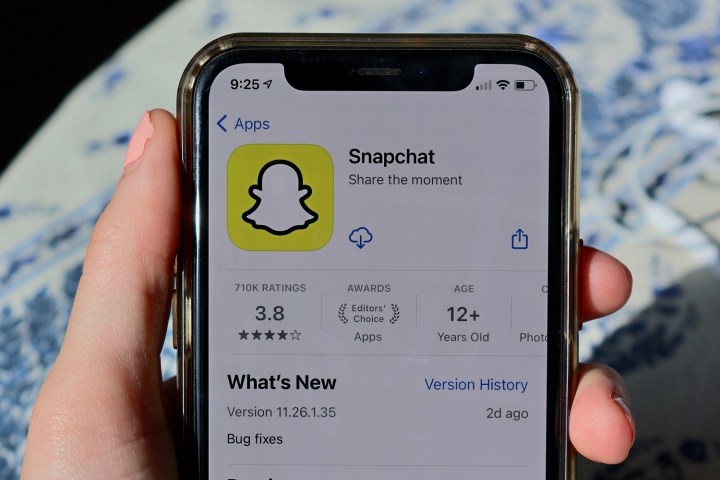With the release of iOS 16, Apple sees its Messages app pick up a slew of notable updates with one notable exception: RCS (Rich Chat Services).
Despite Google’s continued attempts at public shaming, the iPhone maker has covered its ears and steadily plowed around in building out its own fairly successful messaging service. After a look at the state of RCS in 2022, this may just have been the right choice.
RCS is still a mess
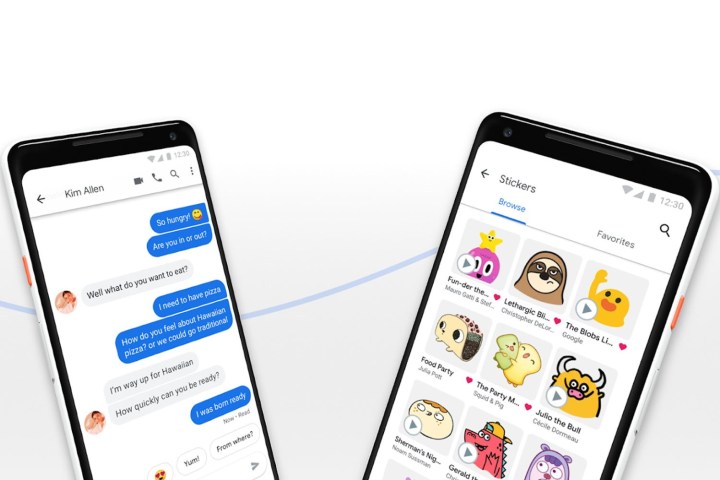
Let’s do a quick recap of what RCS is. It’s an update to the SMS standard that’s powered by a mixture of Google and a handful of global carriers. It brings modern features like typing indicators, read receipts, and high res image support to regular texting. It has been pointedly ignored by Apple, killing its utility as an SMS replacement between iPhones and Android phones.
Although Google has pushed for RCS to come to the iPhone and replace SMS time after time, Apple’s response has simply been a flat-out “seen.” The benefits are clear for Google. Being a “green bubble” wouldn’t necessarily be a source of shame if RCS were to land. Apple’s refusal here seems remarkably reticent until you read the fine print.
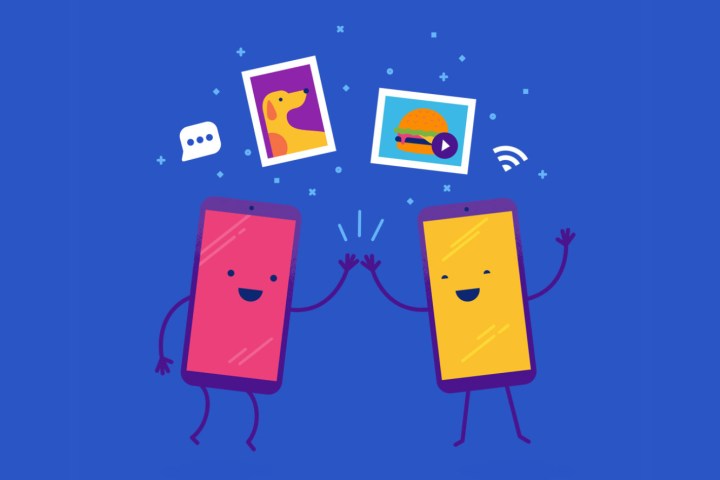
Only 20% of Android users have been estimated to have access to RCS. This means that, despite the high installed base of
Secondly, RCS is not necessarily a less confusing experience. Although it is nominally a carrier initiative, it is almost wholly run through Google’s servers. Some carriers like AT&T do have their own implementations. It’s an unstable mess resulting in a broken experience where two users on the same phone but with different carriers could end up with different versions of RCS. Even Google’s touted end-to-end encryption is only a feature of Google’s Messages app, not RCS itself.
Let them eat iPhones
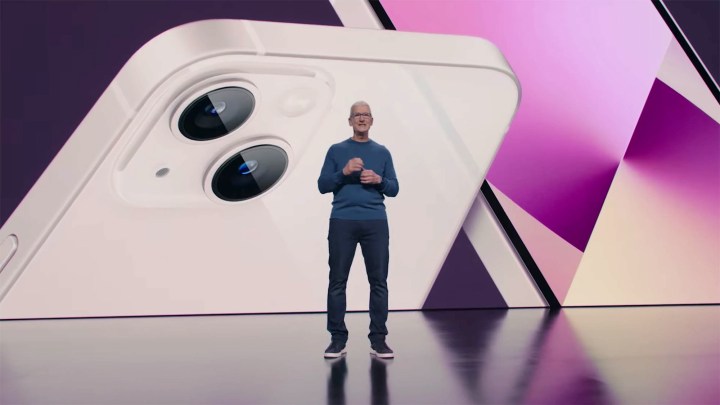
“I don’t hear our users asking that we put a lot of energy in on that at this point,” Tim Cook was quoted as saying. “I would love to convert you to an iPhone.”
Cook’s response may seem unnecessary, but it does demonstrate one truth: there is choice. If you want interoperable messaging between Google and Apple devices, you can download Signal or WhatsApp. If you want an iMessage-replacement, well, you’re going to have to use iMessage on an iPhone. That Google’s own Chat service has yet to catch on and create an organic demand groundswell of its own is an indictment. It’s one thing to bank on potential. It’s another to try and fail.
“Apple is completely uninterested in RCS and doesn’t see any advantage in implementing it. I’d be surprised if they implemented it unless there was some sort of legal or standards-based mandate. Apple’s general stance on cross-platform messaging is that there are a ton of OTT choices which work great — WhatsApp, Signal, Telegram, Facebook — and so there’s no problem that needs to be solved here,” Sascha Segan, PCMag mobile analyst, told Digital Trends months ago. This analysis proved correct.
RCS doesn’t solve any problems for you or me
Although Google may paint its RCS goals as one of equity, the company is simply making a transparent ‘hail Mary’ play. RCS has been available for so long that my defunct Windows Phone can support it, provided it’s equipped with an RCS-compatible SIM. Notably, Google didn’t implement RCS then. Rather, only after the company failed in pushing proprietary messaging app after proprietary messaging app did it finally switch to RCS as the new best thing.
However, proprietary messaging apps are how people choose to communicate. They are often robust, agile in development, and already meet messaging needs worldwide with a secondary business infrastructure even blooming around apps like WhatsApp and Line. iMessage, despite being accessed in the Messages app, is more akin to Facebook Messenger or WhatsApp in implementation.
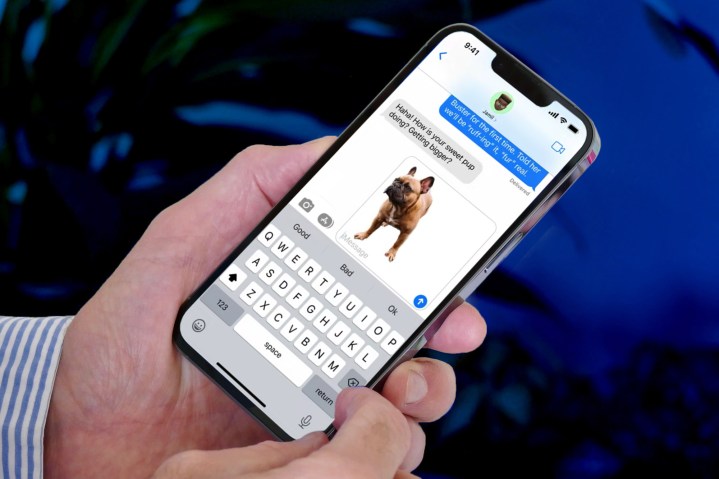
New features like Edit Message or Undo Send are possible because iMessage is proprietary. Certainly, RCS could be built out so that it can support such modern asks, but the very framework of the protocol means that it’ll take years to roll out. By then, the next big thing would already be here. Remember, RCS isn’t catching up to WhatsApp of today, it’s catching up to WhatsApp’s original release. Flashy features like end-to-end encryption and Google integration remain exclusive to Google’s Messages app. RCS is starting on a back foot, and it will always be on the back foot, and nothing about its chaotic implementation dispels that notion.
As iOS 16 drops, the conversation around iMessage and RCS reminds us that Apple’s biggest feature isn’t any singular feature — but ubiquity. The iPhone and iOS are everywhere, and users can be counted on to engage with them. Android, for all its very many advantages, doesn’t have that. If it did, then the conversation around RCS wouldn’t be happening. We would all be on Allo.
Editors' Recommendations
- Apple is about to do the unthinkable to its iPads
- An Apple insider just revealed how iOS 18’s AI features will work
- iPhone 16: news, rumored price, release date, and more
- iPhone SE 4: news, rumored price, release date, and more
- Here’s how Apple could change your iPhone forever

